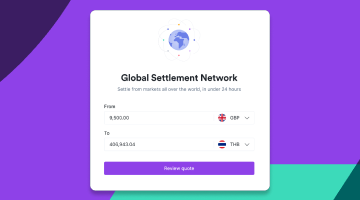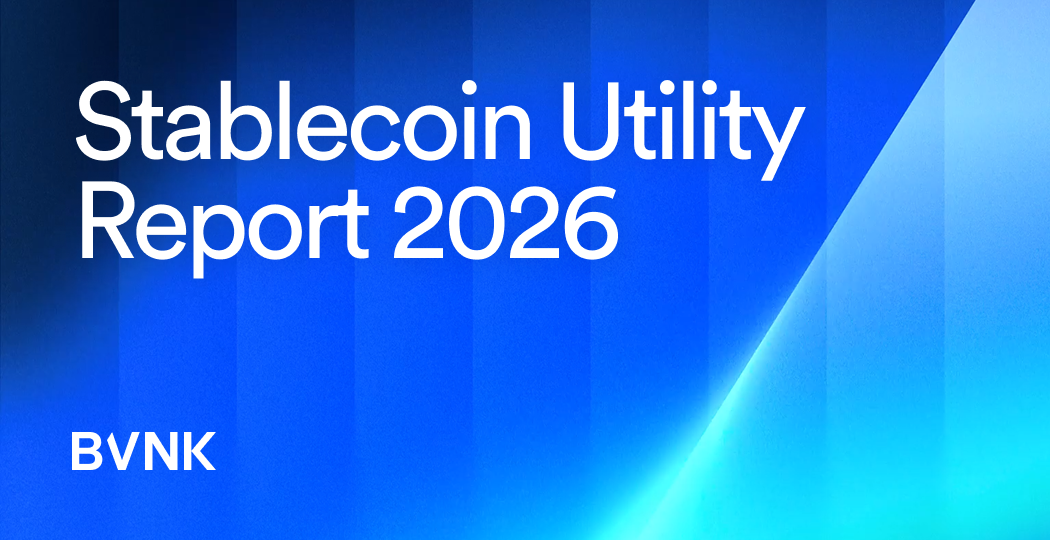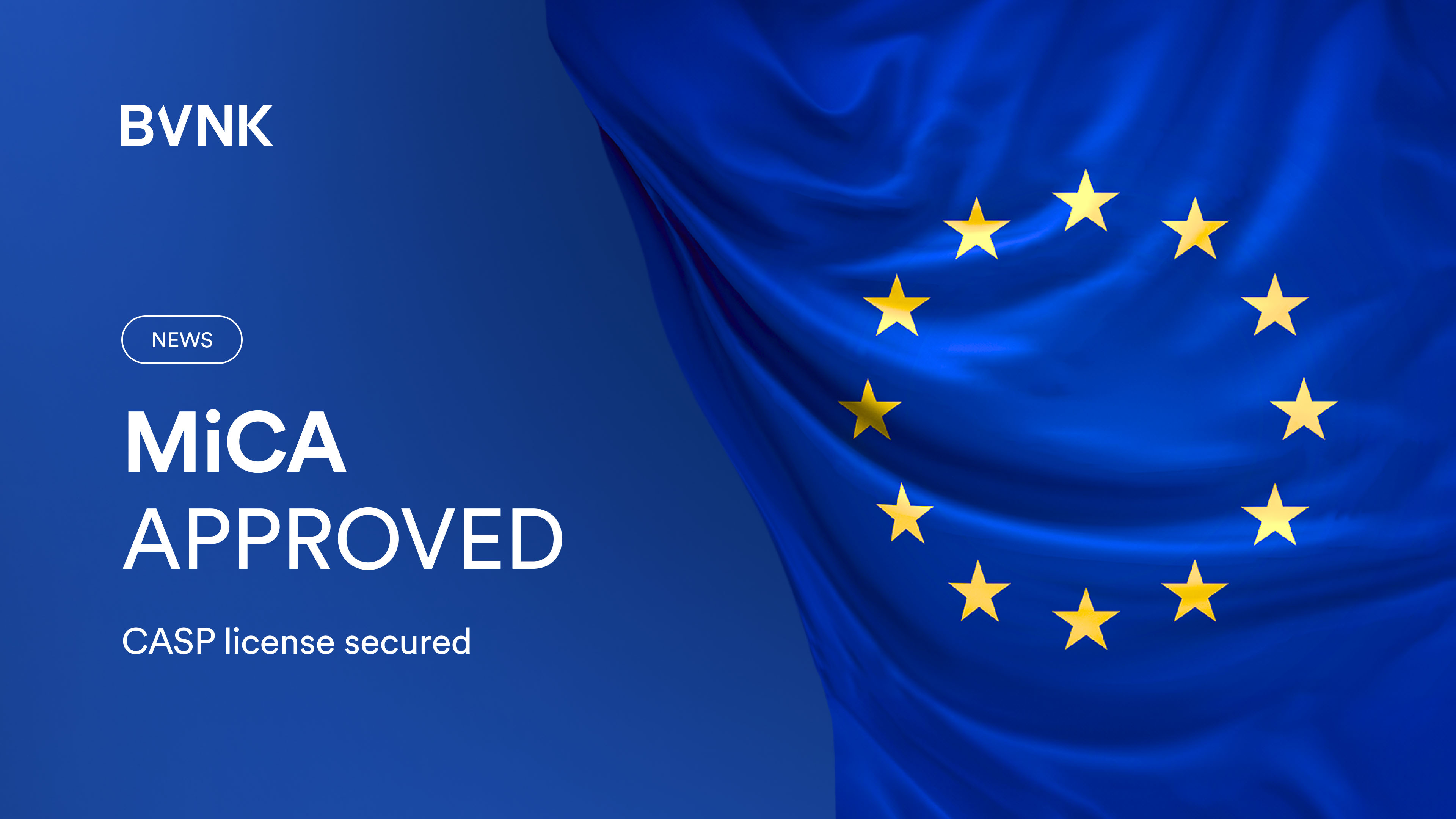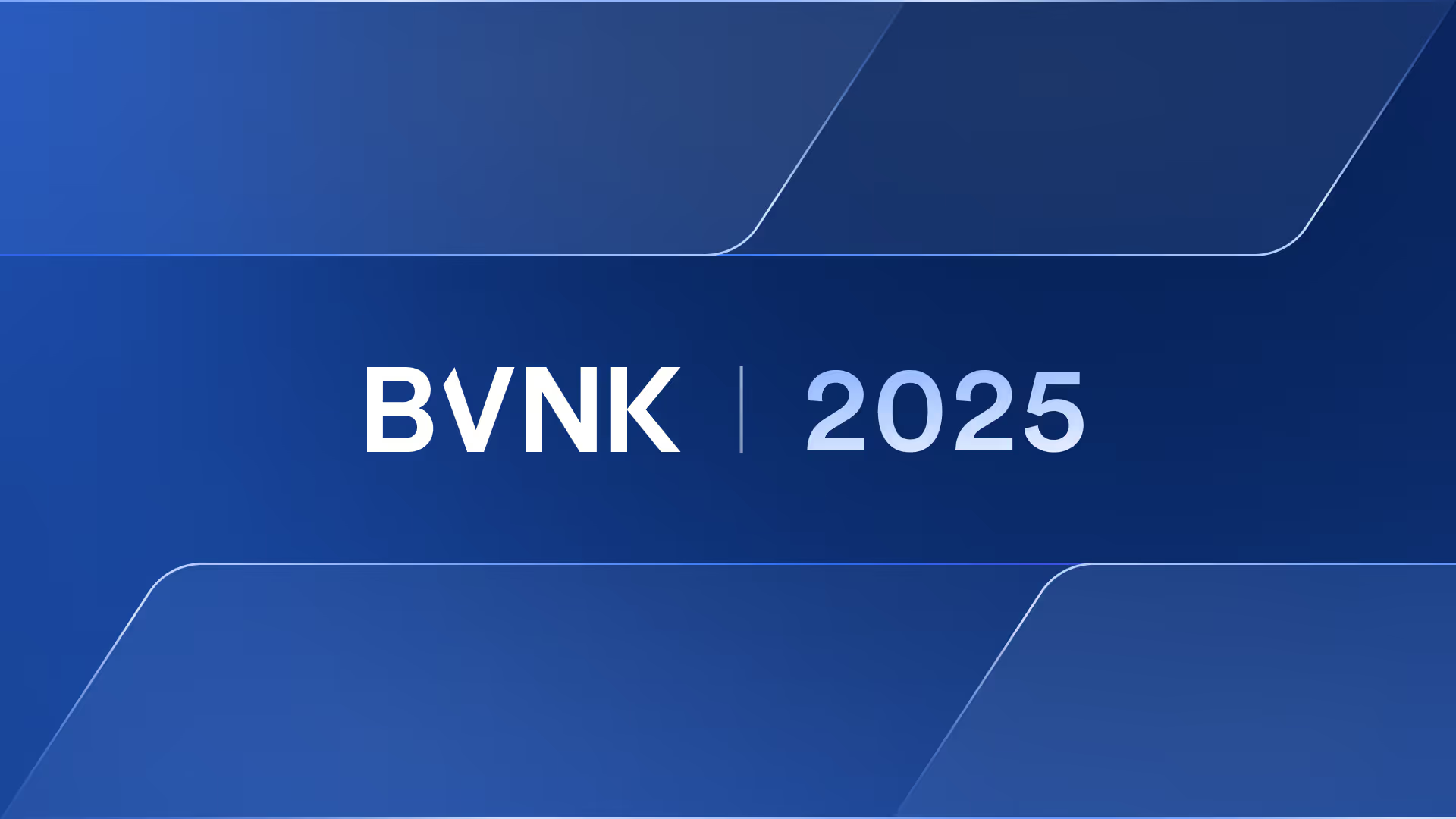Top 10 B2B international payment solution providers in 2023
Learn how to pay global vendors more easily and boost cash flow with these B2B payment solutions for streamlined cross-border transactions.

Introduction
Analysts estimate that the current value of B2B cross-border payments is $186.2 trillion. The efficiency of these payments can be measured in a variety of ways. They include speed, costs (of processing fees and operational management), success rates and security. These criteria directly impact cash flow and profitability. As B2B companies have come to realise the competitive advantages that payments can deliver, they are continually looking for international payment solutions that improve their payment KPIs. Even marginal gains can have a profound impact.
In this article, we look at established and emerging B2B cross-border payment methods and point to 10 fintech companies that are leading the way in helping B2B companies streamline their global payments operations. We will also discuss when is the right time to look for a new international payments partner, and how to select the right one for your business.
B2B cross-border payment methods to know about
There are a range of methods for making a B2B international payment. In this section we will look at the leading options. When choosing the best international payment methods, businesses should consider their specific needs and circumstances. This includes the performance of your existing payment systems, integrability with wider financial software, growth projections (both volume and geography), and synergies with vendor’s systems and preferences.
Card networks
International card networks (eg Visa, Mastercard, Amex) are popular ways for businesses to make international payments. Card payments using these networks can be a good option for cross-border transactions as they are widely accepted, convenient and secure. They are becoming more important in the B2B sector as more commerce there moves online. They can also reward businesses that buy more through incentive schemes. However, card transactions may be subject to currency conversion fees and other charges, as well as caps on transaction amounts; and because they leverage banking networks to move money, they share the same issues.
Swift
Swift (Society for Worldwide Interbank Financial Telecommunication) is the dominant method for processing cross-border payments. Swift is used by more than 11,000 member institutions. They include all sorts of financial organisations that need to move money internationally — banks; brokerages and trading houses; securities dealers; asset management companies; clearing houses; depositories; remittance services; and non-financial businesses. Collectively they send an average of 44.8 million payment messages daily through the network. The benefits of Swift include its global scale and trusted technology, while it has also rolled-out new innovations in recent years, such as Swift gpi. But Swift also has flaws, including opaque fee structures, slow settlement times, technical complexity and political influences. Read more about Swift.
Other banking networks
Global ACH (also called International ACH Transfer) is a method for moving money between US and foreign bank accounts, using other country payment rails including EFT, SEPA, BACS and BECS. SEPA (Single Euro Payment Area) is a dominant international banking network in Europe. Domestic banking networks can also be used in combination to process international payments, such as Fedwire (US), CIPS (China), BACS (UK), BECS (Australia) and EFT (Canada). India and Singapore have recently linked their digital payments systems, UPI and PayNow, to enable instant and low-cost fund transfers, with customers from eight banks able to benefit.
Escrow
Providers of Escrow payments act as intermediaries, holding funds until certain conditions are met in the transaction. Escrow payments are popular for international transactions where there tends to be less familiarity between buyer and seller. A ‘Letter of Credit’ and ‘Documentary Collection’ methods work on a similar basis, with the business customer and vendor’s banks acting as trusted (and in some cases, liable) administrators.
Prepaid cards
Some businesses issue prepaid cards to employees or partners to pay vendors. These cards can be preloaded with funds and used for specific purposes.
Fintech networks
Fintechs layer services on top of banking networks to solve some of the traditional challenges of moving money internationally. Examples of these services include pre-funding to simulate 'instant' payments; automatic rerouting of payments to identify the fastest and most effective settlement path; real-time information about the progress of the payment; ease of integration with other services, such as FX; management of compliance obligations; and enhanced customer support. A fintech provider allows businesses to offload much of the work involved in making cross-border payments, allowing them to redeploy resources to core activities. In the next section we will look at some of the leading fintechs that support B2B cross-border payments.
Blockchain and cryptocurrencies
Juniper Research estimates that B2B cross-border payments on blockchains will account for 11% of the total B2B international payments by 2024. Driving adoption is the relative speed, security, transparency and lower processing costs of blockchain-enabled payments. One study found that blockchain-enabled cross-border payments could save businesses $10 billion by 2030.
Stablecoins are likely to be the currency of choice as they overcome the volatility issue of other cryptocurrencies. Stablecoins, whose value is pegged to an underlying asset (often a fiat currency) have a collective market cap of approximately $129 trillion (at time of publication). Over $30 billion in trades are made every day using stablecoins, with settlements reaching approximately $8 trillion in 2022, surpassing volumes of major card networks like MasterCard and American Express. Businesses can pay vendors directly using stablecoins, or as an intermediary currency to settle fiat currency pairs. The fiat currency is instantly converted to stablecoins, which is moved across the blockchain and then converted into the settling currency, nullifying the risk of currency conversion.
In the next section, we have included four vendors that are enabling companies to make cross-border payments using blockchains. But before you head there, read our new guide to using blockchain for cross-border payments, for an explanation of the benefits, challenges and opportunities.

Settle funds anywhere in the world
Top 10 B2B cross-border payment solution providers in 2023
In the last decade, a new breed of fintechs have emerged to solve the shortcomings of traditional cross-border payments and settlement systems. Some are innovating on top of existing rails; others are using new technology such as blockchains to build completely separate payment infrastructure.
BVNK has selected 10 cross-border payment solution providers that are leading the way, and that we think your business should know about.
- Airwallex
- Wise
- Nium
- Corpay
- Ebury
- Rapyd
- BVNK
- Stellar
- Ripple
- Circle
Airwallex
Founded: 2015
Headquarters: Melbourne, Australia
Employees: 1,200 people, 19 international offices
Annual payment volume: $50bn
Payment infrastructure: Proprietary banking networks
Main services:
- Multi-currency account
- International money transfer with FX conversion
- Payment links
- Multi-currency expense cards for employees
- Embedded finance services, including bank account, card issuing and end-to-end payments
Software integrations: Shopify, eBay, Amazon, Xero
Customers: HubSpot, Qantas, Plum
What they say: “Airwallex’s proprietary local payments network offers you a faster, more cost-effective, and transparent alternative to legacy banking. Operate like a local business from anywhere in the world - open local currency accounts in minutes online, accept payments in local currency to avoid costly forced conversion fees, hold funds in a multi-currency wallet, convert currencies at interbank rates, and make high-speed transfers around the world in a few clicks.”
Website: airwallex.com
Wise
Founded: 2011
Headquarters: London, UK
Employees: 5,000 people, 17 countries
Annual payment volume: $76.4bn
Payment infrastructure: Existing banking networks
Main services:
- P2P remittance/money transfer and travel debit card
- Multi-currency business account covering 55+ currencies
- Business debit and expense cards
- Batch payments for upto 1,000 payments at once
- Embedded finance services, including treasury management and money transfer
Software integrations: Xero, QuickBooks, FreeAgent
Customers: 16m individuals, plus corporate clients including Monzo, Bolt, GoCardless
What they say: “Sending money shouldn’t cost the earth, so we built Wise to save you money when you transfer and exchange internationally. We charge as little as possible: right now a tiny fee, eventually free.”
Website: wise.com
Nium
Founded: 2014
Headquarters: Singapore
Employees: c.750
Annual payment volume: $25bn
Payment infrastructure: Existing banking networks + third-party blockchains
Main services:
- Multi-currency account
- Money transfer (payments and payouts)
- Corporate payment cards (physical and virtual)
Customers: Moneycorp, Paycell, Etraveli Group
What they say: “Move money around the world — from APAC to LATAM, from EMEA to North America, from capital cities to emerging markets. Our direct bank relationships enable nearly all transactions on the Nium network to be settled in real-time.”
Website: nium.com
Corpay
Founded: 2009
Headquarters: Atlanta, US
Employees: c. 1,500 people across 33 offices
Annual payment volume: $73.7bn
Payment infrastructure: Existing banking networks
Main services:
- Payments including batch processing
- Currency risk management including forward contracts and limit orders
- Automatic invoice reconciliation
Software integrations: Quickbooks, Xero, Zapier
Customers: WTA (Women’s Tennis Association, Treasury Suite, GeoBlue
What they say: “Keep your global competitive edge with comprehensive solutions for cross-border payments and currency risk management. Our world-class trading platform and integrated payment solutions can be customised to your unique business requirements.”
Website: corpay.com
Ebury
Founded: 2009
Headquarters: London, UK
Employees: c. 1,500 people across 32 offices
Annual payment volume: $21bn
Payment infrastructure: Existing banking networks
Main services:
- Multi-currency accounts
- Payments including batch processing
- FX risk management
- Whitelabel platform
Software integrations: NetSuite, Salesforce CRM
Customers: Kriya, TopSource Worldwide, ABN Australia
What they say: “Pay and get paid worldwide with ease, speed and security. Ebury offers integrated payment solutions to help you pay, receive and manage your overseas cash flows — all in one place.”
Website: ebury.com
Rapyd
Founded: 2016
Headquarters: London, UK
Employees: c. 270
Annual payment volume: $20bn
Payment infrastructure: Existing banking and card networks
Main services:
- Payment API including hosted checkout
- Payment links
- Virtual accounts and multi-currency wallet
- Pre-funded cards for purchases, ATM withdrawals and payouts
Software integrations: Magento, Shopify, Wix
Customers: Kontempo, Kadmos, Gotrade
What they say: “There’s a massive need to give companies a way to grow globally and create fintech applications. This led Rapyd to launch a Global Payments Network and Fintech Platform to provide a full stack of integrated payments, commerce and financial services capabilities that can be embedded into any application.”
BVNK
OK, we couldn’t have a top 10 list of cross-border payment solution providers and not include ourselves! But honestly, we do think we deserve our place here. We are trusted by hundreds of businesses globally to process billions of dollars in payments every year. We bridge distributed ledger technology with traditional payments infrastructure to enable businesses to send and receive payments anywhere in the world. For example, our customers can accept cryptocurrency from their customers without having to hold it on their balance sheet, and embed cryptocurrency and stablecoin solutions into their products and services without needing to become regulated.
Founded: 2021
Headquarters: London, UK
Employees: c.250 people across three global offices
Payment volume: 2.5bn annual transactions processed in 2022
Payment infrastructure: Third party blockchains and token, API payments platform, trading desk, global network of bank and liquidity partners
Services:
- DLT Payments: send and receive digital assets without making changes to your treasury operations (includes hosted payment page and payment links)
- Global Settlement Network: cross-border payments and currency exchange (including fiat to fiat, crypto to fiat, fiat to crypto, and crypto to crypto)
- Virtual Accounts: dedicated virtual accounts with sort codes for UK payments and IBANs for EU accounts.
- Embedded Payments: regulatory-wrapped, white-label payment solutions
Customers: More than 300 global businesses including Ebury, The Pavillions, Greenburg Pro, Livitpay, Deriv, Noda
What we say: “By bridging traditional payment systems with distributed ledger technology, we've created modern rails for moving money. Using our platform, businesses can send and receive payments anywhere in the world.”
Website: bvnk.com
Stellar (Stellar Development Foundation)
Founded: 2014
Headquarters: San Francisco, US
Employees: c. 200
Payment volume: 345m payments made since launch
Payment infrastructure: Blockchain (opensource) + native currency (Lumens/XLM) for minimum balance requirements and pay transactions fees + third-party tradeable tokens, often linked to fiat currencies but in theory representable of any form of value (ie asset, property, time.)
Main services:
- Payments
- Developer tools for building whitelabel services
Software integrations: mainly with digital currency businesses (eg exchanges, wallets, smart contract platforms)
Customers: MoneyGram, Coinqvest, Von Der Hydt
What they say: “On Stellar, you can create, send, and trade digital representations of all forms of value. It’s designed so all the world’s financial systems can freely interoperate with each other, all on a single network. What makes Stellar unique compared to other blockchains is its ability to connect to real-world endpoints, enabling people to convert their digital assets into something they can actually spend.”
Website: stellar.org
Ripple
Founded: 2012
Headquarters: San Francisco, US
Employees: 800 across 15 countries
Payment volume: $30bn worth of volume and 20m transactions since launch
Payment infrastructure: Blockchain and native currency (XRP)
Main services:
- Payments
- Cryptocurrency liquidity
- Digital asset management
- Private ledger for issuance and administration of stablecoins and CBDCs
Customers: Novatti, Azimo, Modulr
What they say: “Using proven crypto and blockchain technology honed over a decade, Ripple’s enterprise-grade solutions are faster, more transparent, and more cost-effective than traditional financial services. Our customers use these solutions to source crypto, facilitate instant payments, empower their treasury, engage new audiences, lower capital requirements, and drive new revenue.”
Website: ripple.com
Circle
Founded: 2013
Headquarters: Boston, US
Employees: c. 1,100
Payment volume: $10tr in transactions since launch, $4bn daily trading volume (USDC only)
Payment infrastructure: Blockchain and native tokens (USDC, EuroCoin)
Main services:
- USDC & EuroCoin (stablecoins)
- Payments
- Liquidity
- Treasury management
- Web3 developer services (ie custody, smart contracts, ID verification)
Customers: Crypto.com, BCB Group
What they say: “USDC is a faster, safer, and more efficient way to send, spend, and exchange money around the globe. USDC powers apps to provide anytime access to payments and financial services.”
Website: circle.com
What makes businesses seek a new B2B payments solution?
All businesses want to secure new competitive advantages. So they are drawn to methods with the potential to improve one or more of their cross-border payment KPIs. Sometimes, businesses have specific payment challenges that they need a new method for, such as entering a market where their existing payment methods are not available or in widespread use. Technological innovations, especially in blockchain and cryptocurrency, are accelerating the pace of change and the ease with which businesses can adopt new international payment methods. This has made the search for new b2b cross-border payment methods an ongoing exercise, ideally requiring a segmented approach to different markets.
Here are some common factors that can trigger the search for a new cross-border payments solution:
Success rates
A recent study by LexisNexis suggests that every failed B2B international payment costs $12 in fees and retries; and that half of businesses report losing 2% of their customers as a result of a failed payment. The dislocated international banking network and increase in anti-fraud regulations means every cross-border transaction needs to work harder to get through. Some fintechs provide solutions that support the path of genuine payments; while blockchain transactions operate independently of banking networks and can provide a direct payment route from sender to recipient.
Costs
High transaction fees, unfavourable exchange rates, and hidden charges can significantly increase the cost of cross-border transactions. Businesses may seek a new solution to reduce these expenses and improve cost efficiency.
Speed
Traditional cross-border payment methods can be slow, taking several days to reach their destination. Businesses may opt for faster payment options to expedite transactions, improve cash flow, and maintain good trading relations with suppliers.
Transparency
Lack of transparency in the fees and exchange rates can lead to confusion and challenges with reconciliation and financial planning. Businesses may look for solutions that offer clear and transparent pricing.
Scalability
Businesses will want a payments solution that scales as they grow. This includes flexible pricing structures for different volume thresholds, market coverage, service availability, and access to new capabilities.
Currency diversification
Companies that conduct business in multiple currencies may require a solution that supports a wide range of currencies, making it easier to manage international payments and reduce currency risk.
Regulatory compliance
Compliance with international regulations, such as anti-money laundering (AML) and know your customer (KYC) requirements, is essential. Data security is also a priority for every business. Businesses may seek payment solutions that help streamline their compliance obligations.
Ease of use
User-friendly interfaces and automated processes can save time and reduce the complexity of managing cross-border payments. Businesses should also consider the ease with which a new solution can integrate into their existing payment and financial systems.
Risk mitigation
Exchange rate fluctuations and geopolitical uncertainties can pose risks to cross-border transactions. Some solutions offer hedging options or risk management tools to help businesses mitigate these risks.
Customer support
Reliable customer support is crucial when dealing with B2B payments in different countries. Businesses should seek providers that are responsive and knowledgeable about the markets they operate in, and those they have ambitions to enter.
How to choose the right B2B international payments solution for your business
Businesses looking at new ways to pay their international vendors and suppliers should work with an experienced payments partner. An effective payments partner should be able to help your business find the right cross-border payment option. Ultimately, their value is in supporting your business to make vendor payments faster, more cost-effective, and more secure.
There’s lots to consider when choosing to appoint an international payments partner, and every business will have a different set of priorities. In this section we give you some key criteria that you can use to appraise potential cross-border payment partners.
Fees
It’s important to know how each international payment provider charges for processing cross-border transactions, as these differ. Fees are typically charged as a percentage of the transaction amount or as a flat fee per transaction, or a combination of both. These fees can vary depending on the payment method, the destination of the payment, the volume of payments and their values. Large businesses with a high volume of payments may be able to negotiate a customised price. Businesses may also incur one-time setup or integration fees when they first start using a payment partner's services; and regular management and maintenance fees in the form of a subscription. Look out for services that aren’t included in the basic price, such as fraud protection, tokenization, recurring billing, and analytics. And also fees for chargebacks and failed payments.
Coverage
Select a payment provider that has a global reach but can also accommodate local market customisations. As a start they should have all the necessary licences, memberships or regulatory coverage to acquire and process payments in each of your markets.
Breadth of capabilities
A mature cross-border payments operation is not simply about moving money from A to B. It’s also about managing fraud, optimising settlement times and costs, access to data and insights, and complying with regulations. It can be more efficient to get all these capabilities within one platform, though not at the risk of access to best-in-class tools and operational resilience.
Ease of deployment
APIs and plug-and-play services make it easy to get started with a partner, integrate third-party solutions, and scale. Seamless integrations will make the payment process smoother for your customers.
Processing times
Have a clear understanding of the settlement times that a provider commits to in its Service Level Agreements (SLAs). This will determine when you need to release money from your business to pay vendors, which (as well as costs) has the most profound impact on cash flow.
Technical support
Cross-border payments are a highly technical exercise, and you should have immediate access to support to fix things when they go wrong. Look for support teams in each of your major markets, so you get round-the-clock support.
Compliance
Though typically a payment partner will take on the burden of regulatory compliance, your business could still be liable. Look who’s in their compliance team, if they have detailed governance and oversight framework that clearly articulates policies and procedures, and how compliance is embedded throughout the solution.
About BVNK
BVNK is a next generation payments platform for business, connecting today’s financial systems with distributed ledger technology to create modern rails for moving money. We process billions of dollars in payments every year for hundreds of businesses globally. With our Global Settlement Network you can send or receive any currency in less than 24 hours, expand to new markets more easily, free stuck funds and pay global suppliers on time.

Pay global suppliers with ease
Latest news
View allGet payment insights straight to your inbox







.avif)



.avif)
.avif)





